The Science Behind The Senses of Sensory Play
Most kids love to move when engaging in sensory play. In fact, we all do - but what we do with that information in our brain can be affected by a whole host of factors.
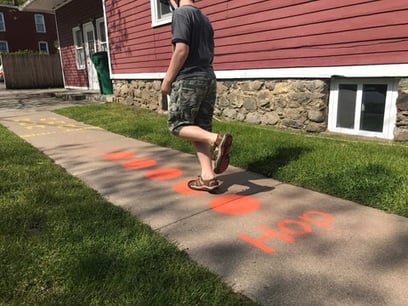
For most of us, processing the excessive amount of sensory information we receive from the environment happens unconsciously. Managing loud noises, bright lights, crowded hallways, or textures we don’t like is just part of our day. We have learned to manage or discriminate the information we need to know from the information that is not necessary.
However, for kids with sensory processing issues, the ability to process and actually discriminate sensory input often is overwhelming - especially when engaging in sensory play.
Some children have trouble organizing information the brain receives from the senses. When we talk about senses and sensory play, we usually mean the five traditional ones - sight, smell, hearing, taste, and touch - but there are actually three additional senses that are often overlooked, but are critical to development!
The sixth sense, proprioception, controls bodily awareness.
This helps a child know where they are in relationship to other things.
The seventh sense is vestibular.
The vestibular sense helps us with balance and spatial awareness and is essential to any form of movement we choose to do.
Finally, the eighth sense is interoception.
Interoception sends information to the brain through soft tissue and organs, essentially letting us know when we have to go to the bathroom, if we have a stomach ache, or even if we are hungry.
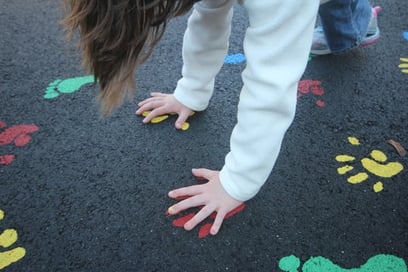
Having sensory processing issues can affect kids’ motor skills in several ways. For example, if a child is uncomfortable touching things during sensory play, they may be reluctant to play with and manipulate objects. If they are reluctant to go on a swing or don’t like to lean backward or hang upside down, this could limit their vestibular system and ultimately affect their balance. Finally, difficulty with processing proprioceptive information (the information that comes from our muscles and joints) can lead to difficulties with self-regulating behavior in new situations or environments. We often describe these responses as being over or under-responsive to particular sensory stimuli.
Over responsivity and under responsivity is a condition that describes how a child responds to a particular sense they experience in their environment. Some children will be over-responsive to bright lights, loud noises, or certain smells/tastes, but maybe under-responsive to things such as their vestibular (likes swings) or proprioceptive systems (enjoys big hugs/pressure).
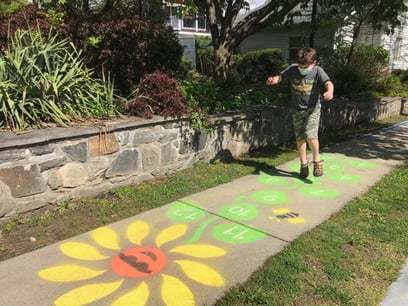 For example, when children experience noises that are too loud or light that is too bright, it is common for them to cry or try to avoid the sensation by covering their ears or shielding their face or eyes. A similar response can occur when a child is over-responsive to their vestibular system. Children who are over-responsive to the vestibular sense are often fearful when moving quickly, jumping down from a height, or will avoid activities such as swings or other playground activities. They often prefer sedentary activities and may act shy or anxious when asked to play a group game.
For example, when children experience noises that are too loud or light that is too bright, it is common for them to cry or try to avoid the sensation by covering their ears or shielding their face or eyes. A similar response can occur when a child is over-responsive to their vestibular system. Children who are over-responsive to the vestibular sense are often fearful when moving quickly, jumping down from a height, or will avoid activities such as swings or other playground activities. They often prefer sedentary activities and may act shy or anxious when asked to play a group game.
Under responsivity is often observed in children who have difficulty controlling their own body and are often impulsive. Under-responsive children seek out specific sensory inputs such as activities like swings and spinning (vestibular) and textures (tactile), often wanting to touch something even when told not to. Under-responsiveness with proprioception is commonly observed in children who often push into things with their bodies, run their hand along the wall when walking, or who like to crawl into small spaces.
In either case, children who are over-responsive may avoid specific situations and become emotionally insecure in their ability to try new things, like engaging in sensory play. Children who are under-responsive may seek out specific proprioceptive stimuli through rough play, making loud noises, touching and/or pushing others and/or acting inappropriately for the task or the environment.
Delays in both proprioception and vestibular senses can impede motor skill development, affecting more advanced perceptual motor skills (hand-eye coordination), create unwanted anxiety, and limit social-emotional engagement. Sensory play - and by the same token, sensory pathways - is a great tool for these children.
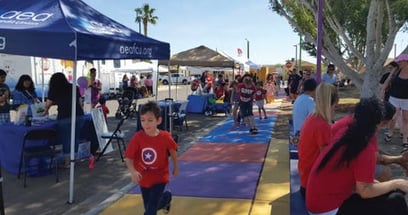
ABOUT THE AUTHOR

Timothy D. Davis, Ph.D. CAPE teaches undergraduate and graduate courses at the State University of New York (SUNY) Cortland. Some of his courses include Adapted Physical Activity and Sport, Motor Development, Instructional Strategies in APE, Inclusive Outdoor Education and Positive Behavior Management and Discipline. He has been teaching for over 20 years and holds bachelor's and master's degrees in Physical Education and Adapted Physical Education from California State University at Chico. He holds a Ph.D. in Adapted Physical Education from the University of Virginia.
At SUNY Cortland, Dr. Davis serves as director of the SUNY Cortland CHAMP/I Can Do It Afterschool Peer Mentorship Program and the Sensory Integration/Motor Integration (SIMS) program. He is the creator of Project DREAM, a learning program that helps kids and students with disabilities, and Project LEAPE, a leadership course dedicated to helping kids and adults with disabilities.
Have further questions? Dr. Tim can be reached by visiting this page.
Updated 3/24/2022
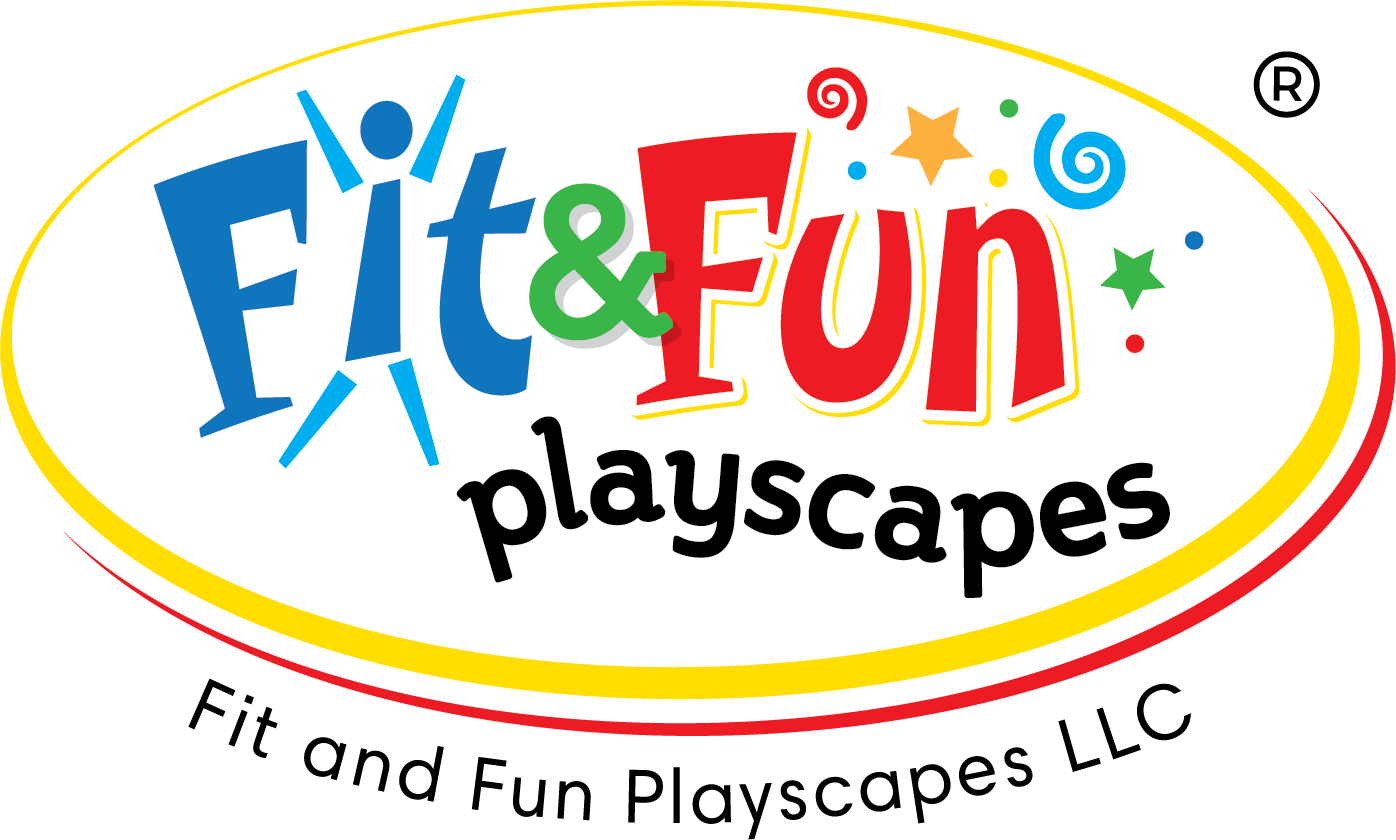




Leave a comment